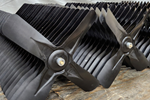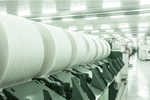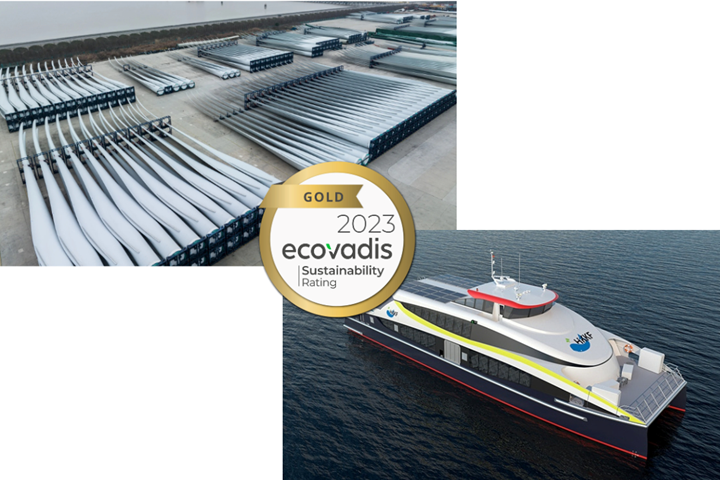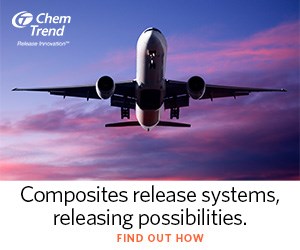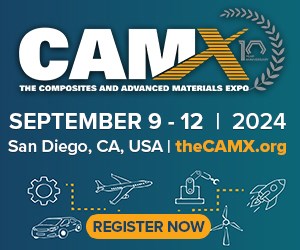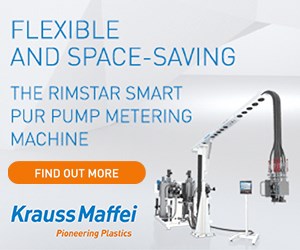Gurit supports composites-focused wind projects, ferry development
Gurit announces an EcoVadis Gold rating, a collaboration on Hong Kong high-speed passenger ferries and work with the OptiCore Innovation Project.
Gurit (Zurich, Switzerland), a global supplier for advanced composite materials, engineering services and equipment for the wind turbine and the marine industry, recently announced several composites-related projects, products and company developments that have been key to its ongoing mission for sustainable lightweighting.
The company recently completed a comprehensive evaluation of its business sustainability practices with EcoVadis (Paris, France), a ratings and intelligence solution that determines a company’s sustainability performance. Gurit says that it was awarded a Gold medal which places it in the top 5% of all companies assessed by EcoVadis. This is an upgrade from Gurit’s Silver rating announced in January 2023.
To continue optimizing the weight of wind turbine blades, Gurit has also become a partner, along with companies like Siemens Gamesa Renewable Energy (SGRE) and Nordex, in the EUDP-funded OptiCore Innovation Project, which uses an algorithm for optimization of the mass, resin flow and mechanical properties of the core material in wind turbine blades to achieve the lowest possible weight. The goal is to develop a design software based on the local geometry and materials of the blade.
“Longer blades are a tendency in the industry today. Therefore, we need to reduce the weight,” says Sergio Gutiérrez Coronil, blade materials engineer at SGRE. Learn more about the project here.
Alongside wind developments, Cheoy Lee Shipyards (Hong Kong, China), recently launched the first of eight high-speed passenger ferries that will transport more than 5 million people annually, servicing the outer islands around Hong Kong. These vessels have been designed to reduce emissions through lightweight construction and a hybrid electric drive train.
Gurit was consulted for extensive structural engineering services, and supplied Corecell M foam. This is one of the largest carbon fiber commercial vessels that has been built to date, the company reports.
The project started in 2022, with the first boat now delivered and the remaining seven will be in the water by early 2025.
Related Content
-
Materials & Processes: Fabrication methods
There are numerous methods for fabricating composite components. Selection of a method for a particular part, therefore, will depend on the materials, the part design and end-use or application. Here's a guide to selection.
-
Novel composite technology replaces welded joints in tubular structures
The Tree Composites TC-joint replaces traditional welding in jacket foundations for offshore wind turbine generator applications, advancing the world’s quest for fast, sustainable energy deployment.
-
Forvia brand Faurecia exhibits XL CGH2 tank, cryogenic LH2 storage solution for heavy-duty trucks
Part of its full hydrogen solutions portfolio at IAA Transportation 2022, Faurecia also highlighted sustainable thermoplastic tanks and smart tanks for better safety via structural integrity monitoring.


